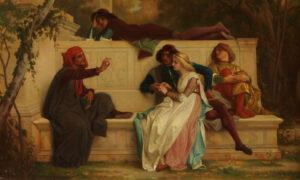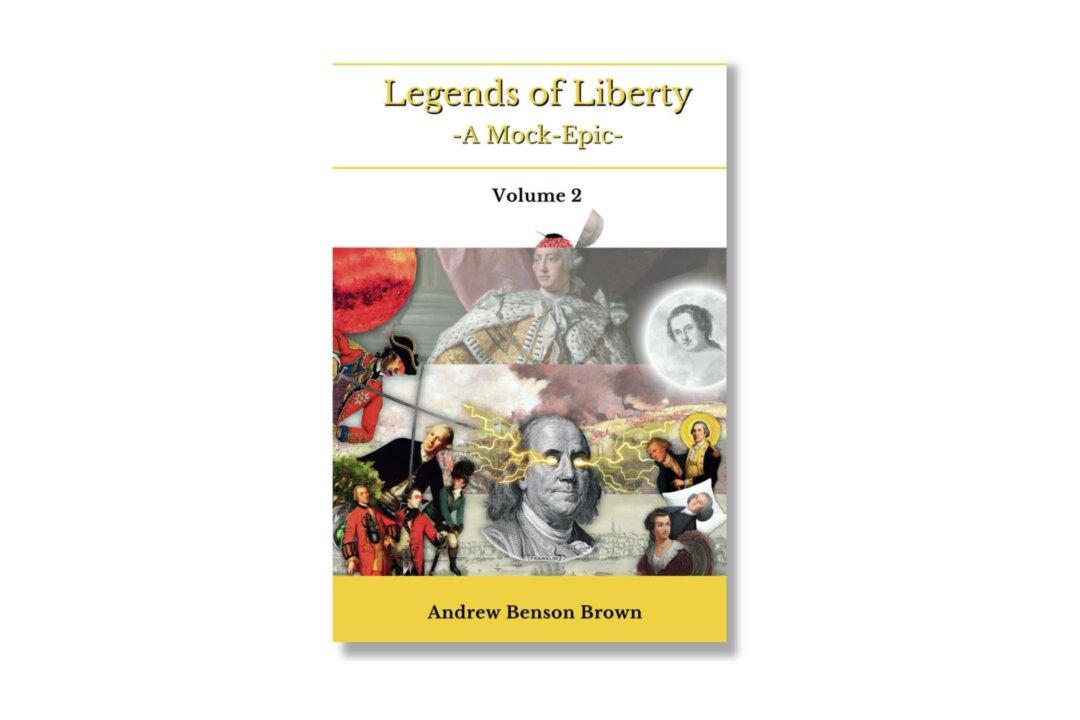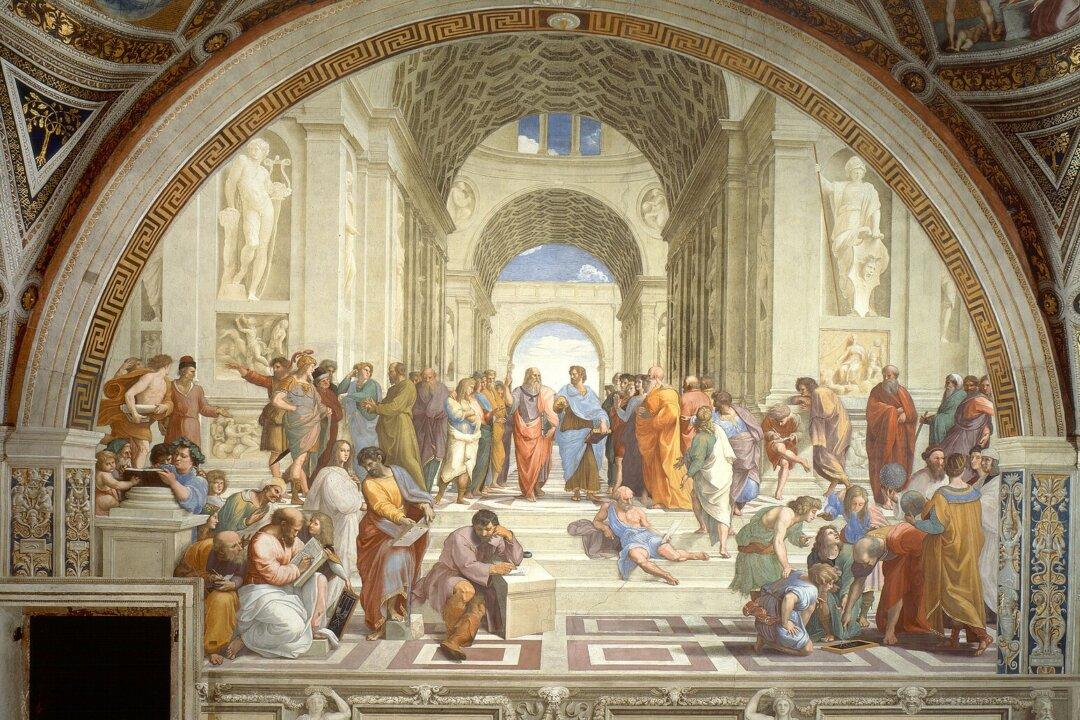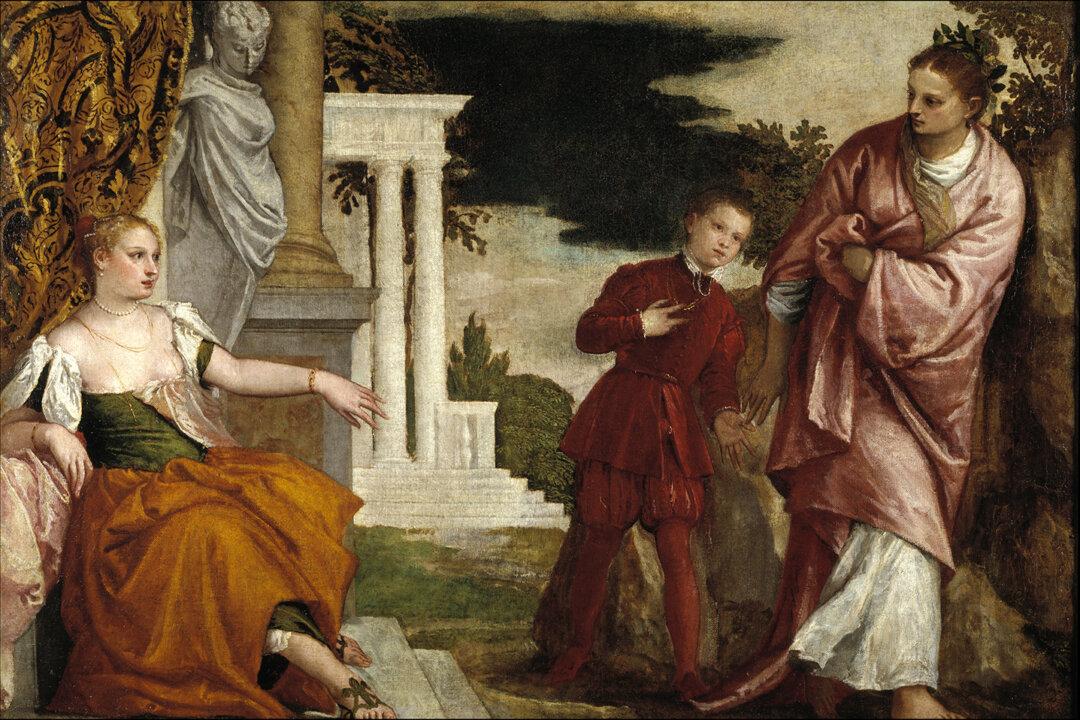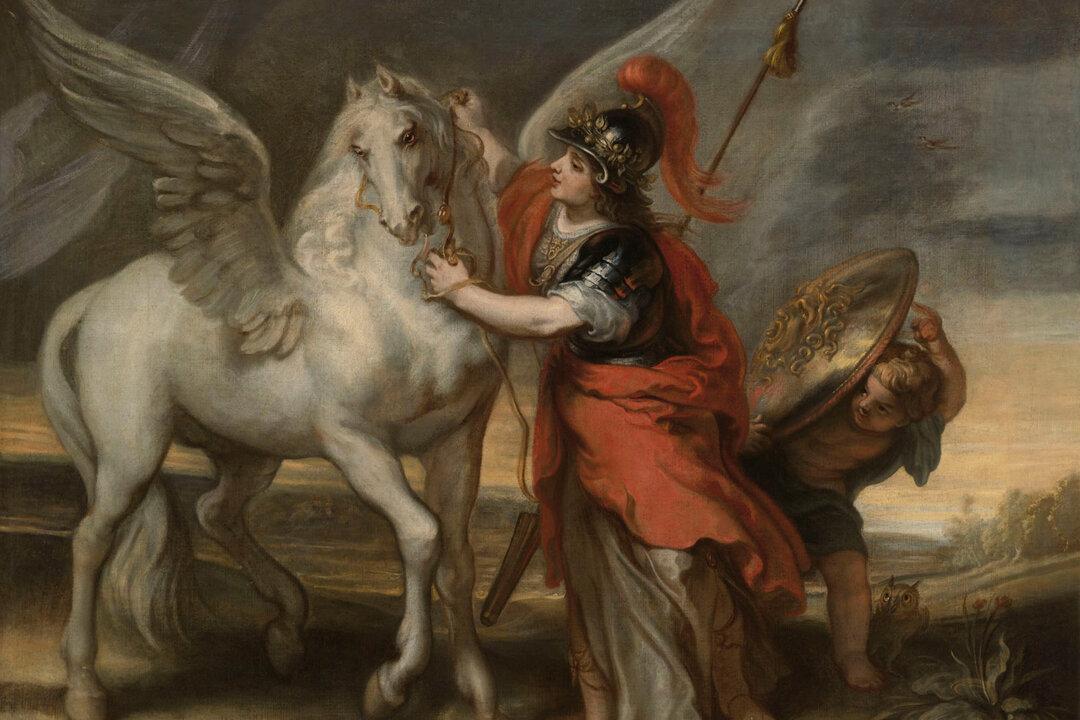Getting to the Root

The similar Italian and English words “poeta” and “poet” derive from the same etymological Latin root. The Latin word derives from an ancient Greek word meaning “maker” or “creator.” In the Greek pantheon, the gods are the creators and mankind are the created; but poets can make or create. Poets are makers or creators who partake in something primal.
The transference from the Latin to the Italian of “the poet” seems to come down to simple grammar. In Latin, first declension nouns tend to end in the feminine “a.” Is it just a grammatical accident that this has happened?
English, of course, doesn’t have masculine and feminine nouns in that way: “poet” can mean either a masculine or feminine writer, especially since the word “poetess” is almost obsolete now and has come to connote an inferior poet. If English is gender-neutral for the word “poet,” why does Italian retain this strangely ambivalent masculine-but-feminine construction?
I believe it is because the ancients in their wisdom understood (and have transmitted to us through language) something about the nature of reality that we are in danger of forgetting. Long before we coined phrases like “neurodiversity” and “neurodivergence” to express the idea that one size of thinking does not fit all, they understood that certain aspects of our being and of our thinking were not normal in the everyday sense of that word. Writing poetry was a special example of this.
Socrates, for instance, noted that “poets do not compose their poems with real knowledge, but by inborn talent and inspiration, like seers and prophets who also say many things without any understanding of what they say.” In one fine stroke, Socrates did away with the need for education, leaving us perplexed by poets who have no “understanding of what they say” but are saying it anyway!
Real knowledge, when we use that expression, tends to mean rational knowledge; and writing poetry is not a purely rational activity. The inspiration” (note the etymology of this word: the “breathing-in”) poets receive stirs their souls and from this center their poetry flows.

A Modern Understanding
In his book “The Master and His Emissary: The Divided Brain and the Making of the Western World,” Iain McGilchrist, a psychiatrist and neuroscientist, makes the point that the two halves of the brain, the right and left hemispheres, are not “equal.” While they are equally important (since we wouldn’t want to be without either), the right hemisphere is what he calls the Master and the left hemisphere he calls the emissary. The left hemisphere is now often called the Slave (hence the non-equality!).He considers the right hemisphere to be more holistic, integrative, and capable of seeing the big picture. It is involved in finding context, understanding, and interpreting meaning and is characterized by a broad, vigilant attention that is more connected to the living world and the immediate experience of reality. The left hemisphere is more focused on details, categorization, and linear processing; it is analytical, logical, and specializes in language, abstraction, and manipulation of symbols.
The point here is twofold: One, our culture’s decline is directly attributable to the Slave becoming dominant: It is now the only real source of knowledge that we know. We think less about the big picture and broader meaning. Instead, we systematize, categorize and attempt to rationalize every aspect of our lives, and we reward those—in finance, IT, and AI—who comply with the left hemisphere agenda. In a weird way, despite this tendency being “modern,” we can trace it back to Charles Dickens’s “Hard Times” and Mr. Gradgrind’s emphasis on education being all about facts.
Second, the Master is connected to the living world and immediate experience. In other words, the Master is privy to a form of spontaneity, childlike in its simplicity and way of seeing the big picture. Einstein was a famous scientist, but he was a poet too, instanced not only in his use of imagery to discover the Laws of Relativity, but in his famous remark that “imagination is more important than knowledge.”
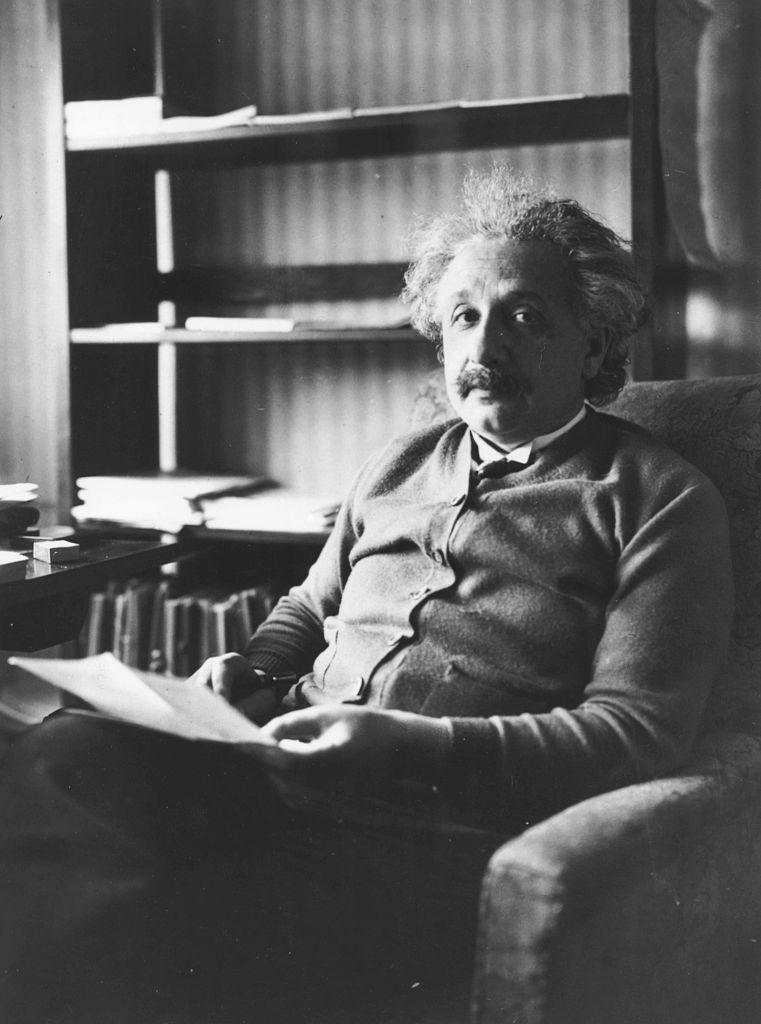
Left, Right; Male, Female

The left and the right hemispheres have also long been metaphorically associated (though in no way scientifically validated) with the male-female dichotomy: Right is female orientated and left is male. Again, we see this male-female dichotomy surfacing in the understanding of a poet’s mind. Critically, the female is the Master. The male side works out the details but the female side gets the big picture, gets the living world.
The problem with the West today is that the Emissary has become the Master, and this has profoundly affected poetry. Poetry written in the last 70 years comes from the left hemisphere. It’s analytical, linear, and abstract. We don’t see the great poets we had before: the Spensers, the Shakespeares, or the Miltons. Who writes poetry with their style and their ambitions? To find them, we need neurodivergence, or more precisely, right brain dominance, and the rise, or sense of the feminine principle.
By its title alone, Spenser’s “Faerie Queen” represents poetry’s feminine principle—a muse if you will. The poem itself is extraordinary in that there are at least six major female heroines: Britomart, Belphoebe, Amoret, Florimell, Una, and Gloriana (and not appearing directly in the poem but representing the Faerie Queen herself—Elizabeth I of England—who commissions the knights on their quests). Add to this list, the “Darth Vader” role played by the evil sorcerer’s assistant Duessa, and you have a work infused with feminine images.
In Shakespeare’s work, we find an astonishing gallery of feminine roles (played by males to add to the androgyny). Perhaps most notable is Portia in “The Merchant of Venice,” who is feminine but with so-called masculine traits: stronger “logic” than Shylock’s, for example. The astonishing inventions Milton created around Sin and Eve, many of which are not found in the Bible, reflect a complexity that is not straightforward or stereotypical in terms of gender; after all, Eve masters the logic of Adam.

The “a” in “poeta” keeps alive the idea that poetry is neurodiverse, and more specifically that the muse is feminine, as is the soul upon which the Muse operates. But why so? Why is the feminine, the right side of the cortex, caught up in the process of making poems (and much else too, Einstein being an example)? Because mankind wants beauty, which both men and women crave.
Tolkien, perhaps the true epic poet of the 20th century, understood this perfectly when his character Galadriel rejects the Ring Frodo offers her. She says, “And now at last it comes. You will give me the Ring freely! In place of the Dark Lord you will set up a Queen. And I shall not be dark, but beautiful and terrible. … All shall love me and despair!” How different a Dark Lord from a Dark Queen is!
G.K. Chesterton wisely remarked that “the sexes best supplement and support each other when they are kept most distinct. They are most apposite when most opposite.” The very origin of true poetry tells us, then, that there is no equality but that the “a” should inform and lead the “o,” and in this way the real music, the real beauty, is born, is written.




